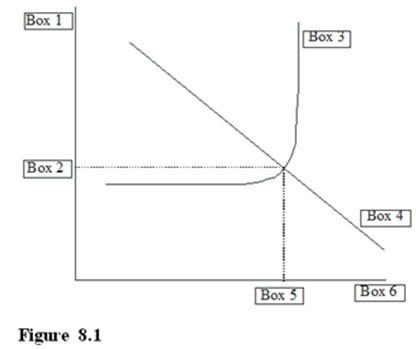Why does a monopoly cause a deadweight loss?
A) because it does not produce some output for which demand exceeds supply
B) because it increases producer surplus at the expense of consumer surplus
C) because it appropriates a portion of consumer surplus for itself
D) because it does not produce some output for which marginal benefit exceeds marginal cost
D
You might also like to view...
If charity is a collective consumption good then government redistribution of resources can be justified on the basis that _____
a. government can act as a catalyst to encourage more private giving b. government helps deal with the prisoner's dilemma problem c. government overcomes the free riding problem d. government consumption is one-third of gross domestic product
Firms that emit toxins into the air tend to
a. underproduce because the private cost of production exceeds the social cost b. overproduce because the social cost of production exceeds the private cost c. produce the same as nonpolluting firms d. produce at the socially optimal amount e. cover pollution costs in the product's price
Like the monopolist, the monopolistically competitive firm:
A. sets the price where marginal cost equals marginal revenue; the demand curve doesn't matter. B. is a price taker. C. faces a downward sloping demand curve. D. All of these statements are true.
In the Aggregate Demand - Aggregate Supply diagram in Figure 8.1, Box 5 should be filled with 
A. PI* for macroeconomic equilibrium Price Index. B. RGDP* for macroeconomic equilibrium Real Gross Domestic Product. C. AD for Aggregate Demand. D. AS for Aggregate Supply.